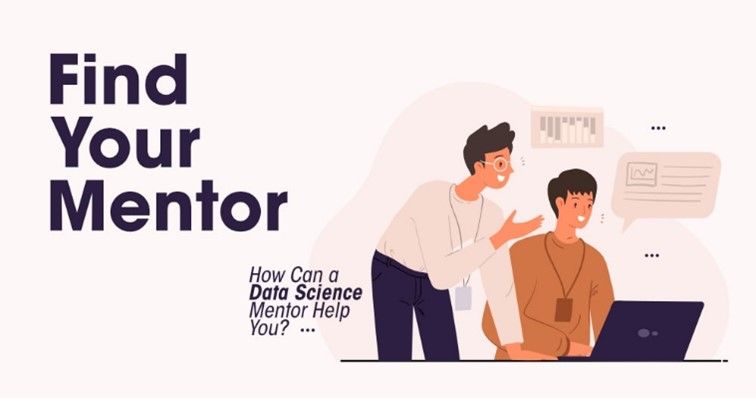Importance of Mentorship in Data Science Research

In the fast-paced world of data science, the guidance of an experienced mentor is invaluable, especially for high school students venturing into research. Mentors not only provide direction and assistance but also inspire students, igniting a passion for the subject and shaping their perspective. This inspiration often leads to a career in data science, making the journey exciting and full of potential.
Why Mentorship is Crucial in High School Research

For high school students, a mentor in data science can be a game-changer. Since data science is often not extensively covered in high school curricula, mentors bridge this gap by guiding advanced topics and inspiring students with complex concepts like machine learning, neural networks, and extensive data analysis. This exposure enhances their understanding and sparks interest in potential research areas, motivating them to explore further.
Mentorship is not just about academic growth; it's about building a community. It's about connecting high school students with professionals and researchers, opening doors to internships, research positions, and industry contacts. This sense of belonging and support is invaluable, not just for building robust college applications, but for navigating the complex world of data science. Mentors also offer career guidance, helping students explore various paths in data science, such as roles in academia, industry, or specialized fields like healthcare or finance. This community support makes the journey less lonely and more enriching.
Mentorship is a powerful tool that does more than just offer support and encouragement. It's a confidence booster. It helps students tackle challenges, approach complex problems with creativity and determination, and most importantly, it accelerates their learning and growth. It empowers them to take on the challenges of data science with self-assurance, knowing that they have the support and guidance of a mentor.
Strategies for Finding Mentors
Reaching Out to Teachers and Professors:
- School is arguably the best place for high school students to seek mentors. Teachers are more likely to be accessible than other professionals and generally support students who wish to take up data science. If a school does not offer any particular data science course, some computer studies or mathematics and statistics teachers can always guide young scholars.
- Begin by targeting teachers knowledgeable about programming basics, calculus, or statistics within your domain. They may not have in-depth knowledge of data science per se, but they will be able to point in the right direction and suggest books, e-learning courses, and even research papers to initiate the process.
- On top of that, several educational institutions have after-school groups such as computers and data science, or even robotics and artificial intelligence from STEM. The faculty mentors of these clubs can support you in your work. If you are affiliated with a nearby college, reach out to persons of interest, such as professors in similar fields, or go to any events organized by the university in search of potential mentors.
- If you happen to be a part of a local university community, you might want to consider contacting some of the data science professors or their associates. More often than not, such professors encourage and are willing to mentor even high school students interested in that field. Attending university-organized activities, research activities, or even public talks should help one get acquainted with future mentors in the academic field.


